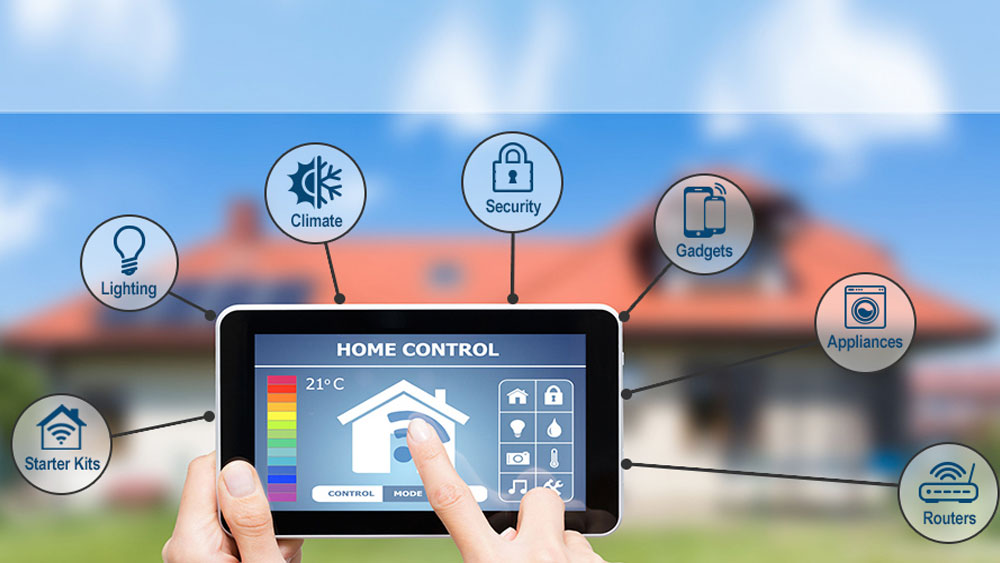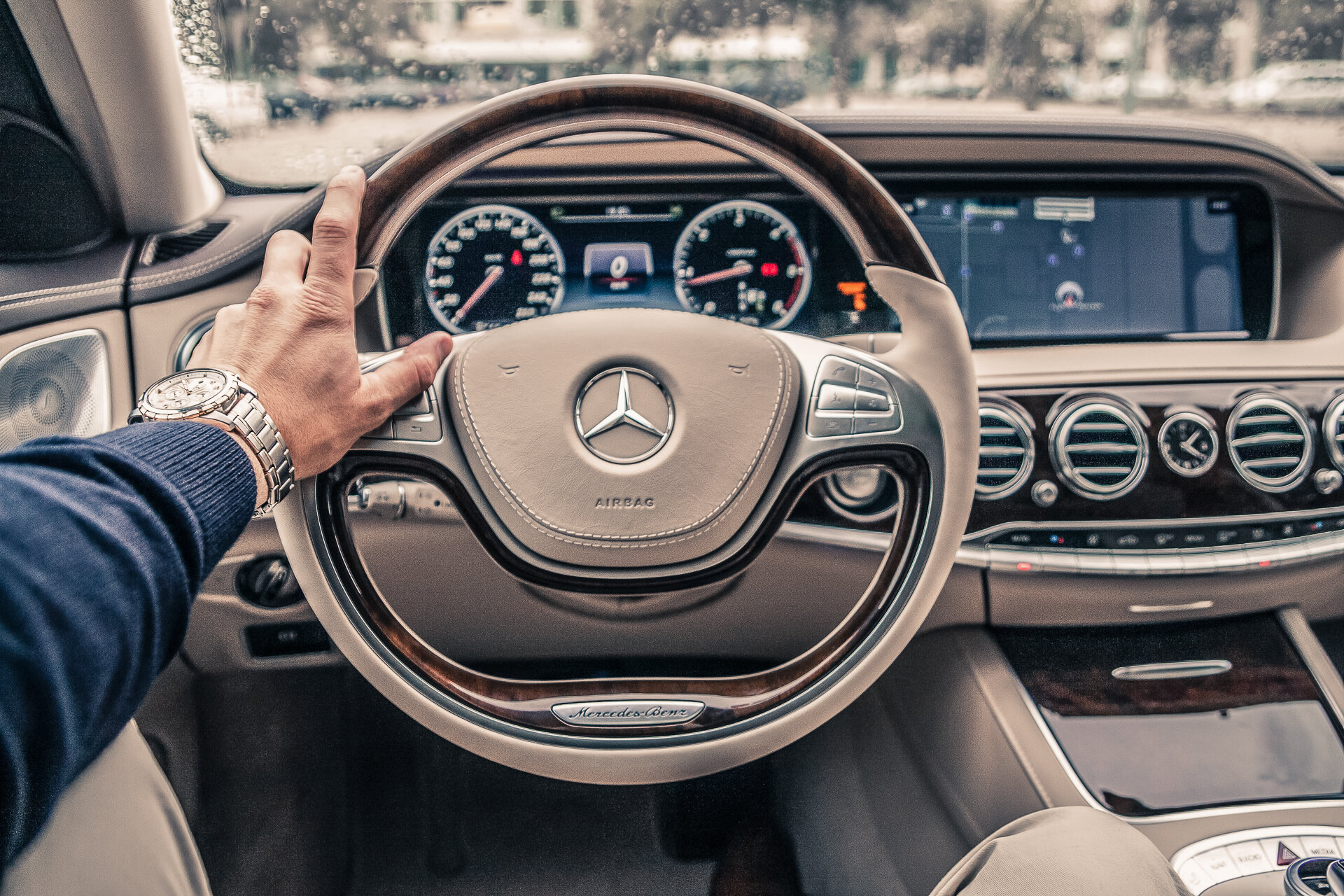
Smart Home Trends in 2025 You Should Know to Stay Ahead of Home Tech Changes
Introduction
Smart home technology is evolving at a rapid pace, reshaping how we interact with our living spaces. From artificial intelligence-powered assistants to sustainable energy solutions and enhanced security systems, 2025 is set to bring a wave of innovation that redefines modern home living. Whether you’re a homeowner, tech enthusiast, or investor, staying updated with the latest trends can help you make smarter decisions and stay ahead in the home automation game.
In this comprehensive guide, we’ll explore the top smart home trends expected in 2025. We’ll delve into how these innovations are transforming daily life, enhancing energy efficiency, improving security, and increasing property value.
Table of Contents
- AI-Powered Home Automation
- Voice-Activated Everything
- Energy-Efficient Smart Devices
- Smart Home Cybersecurity Enhancements
- Smart Kitchens and Connected Appliances
- Health-Focused Smart Homes
- Integration of Renewable Energy Solutions
- Smart Water Management Systems
- Home Robots and Personal Assistants
- Biometric Security Access
- Smart Lighting and Adaptive Ambience
- Advanced Home Entertainment Systems
- Interoperability and Universal Smart Hubs
- Smart Furniture Integration
- Smart Home Sustainability Trends
- Edge Computing in Home Tech
- Smart Pet Care Solutions
- Enhanced Elderly Care Technology
- Predictive Maintenance via IoT
- Augmented Reality in Smart Homes
- Smart Garden and Landscaping Tech
- Home Office Evolution with Smart Features
- Blockchain for Smart Home Security
- Intelligent Waste Management Systems
- Smart Home Insurance and Risk Assessment
- Digital Twins for Home Management
- Gesture-Based Controls
- Modular Smart Housing Units
- Personalized AI-driven Environments
- Future-Proofing Your Smart Home
1. AI-Powered Home Automation
Artificial Intelligence (AI) is at the core of the smart home revolution. In 2025, expect to see AI that not only responds to commands but also anticipates needs. Machine learning algorithms will optimize heating, lighting, and appliance usage based on your habits.
Benefits:
- Improved energy efficiency
- Personalized home experiences
- Automation of routine tasks
Use Case: Imagine your home gradually warming up 10 minutes before you arrive without you lifting a finger.
2. Voice-Activated Everything
Voice control has gone beyond smart speakers. In 2025, expect voice activation in ovens, mirrors, faucets, and even furniture. Multi-language recognition and emotional tone detection will make interactions more natural.
Benefits:
- Hands-free control
- Accessibility for the elderly and disabled
- Increased interactivity
Popular Platforms: Amazon Alexa, Google Assistant, Apple Siri
3. Energy-Efficient Smart Devices
Smart thermostats, lights, and appliances will be designed to cut down energy bills and reduce carbon footprints. Devices will integrate with solar panels and battery systems to manage energy usage efficiently.
Table: Top Energy-Saving Smart Devices in 2025
| Device | Feature | Savings Potential |
|---|---|---|
| Smart Thermostat | Learning algorithms | Up to 23% on heating/cooling |
| LED Smart Bulbs | Adaptive brightness | Up to 75% energy reduction |
| Smart Plugs | Power monitoring | Reduce phantom load by 15% |
4. Smart Home Cybersecurity Enhancements
As homes become smarter, they also become targets. 2025 will see AI-driven firewalls, biometric verifications, and decentralized security systems using blockchain technology.
Best Practices:
- Use encrypted connections
- Install AI-powered anti-malware
- Enable multi-factor authentication
Note: Google and Apple are expected to launch proprietary secure platforms to protect home data.
5. Smart Kitchens and Connected Appliances
From refrigerators that suggest recipes to AI-enabled cooking assistants, the kitchen is getting a major tech makeover. Devices will also reduce food waste through inventory tracking.
Key Features:
- Smart ovens with recipe sync
- Auto-replenishing pantry trackers
- Voice-guided cooking systems
6. Health-Focused Smart Homes
Homes are now being built with well-being in mind. Smart air purifiers, UV sanitizers, and mental wellness lighting will be standard.
Technologies:
- Mood-sensing lights
- Air quality sensors
- Noise-canceling smart windows
Bonus: Sleep optimization through AI-controlled environments.
7. Integration of Renewable Energy Solutions
Green homes are going mainstream. In 2025, expect deeper integration of solar, wind, and geothermal energy sources with smart home systems.
Smart Tech Inclusions:
- Real-time energy dashboards
- AI-based energy optimization
- Off-grid compatibility modes
8. Smart Water Management Systems
Water conservation will be a top priority. Smart meters and leak detectors will work with AI to track and control water usage.
Components:
- Leak-detection sensors
- Intelligent irrigation systems
- Smart water heaters
Result: Reduced bills and environmental footprint
9. Home Robots and Personal Assistants
In 2025, robots won’t just vacuum. They’ll fold laundry, patrol the house, and even help with caregiving.
Expected Advances:
- AI emotional understanding
- Voice and facial recognition
- Multi-tasking capabilities
Example Brands: Tesla Bot, Samsung Ballie



